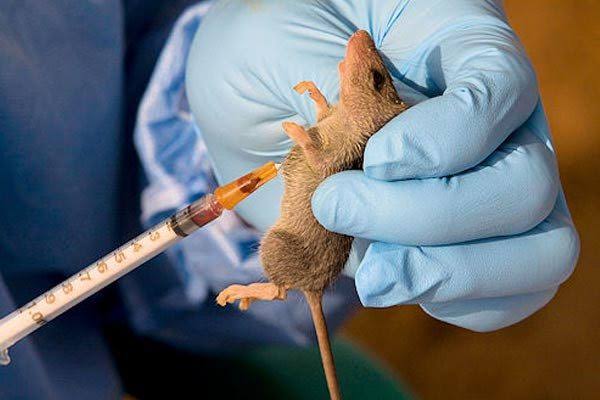The Federal Government has expressed worries over the rising number of new confirmed cases of Lassa fever in some states.
The Government’s concerns were made known in Abuja on Thursday by the Minister of State for Health, Olorunnimbe Mamora, while speaking at the joint national briefing of the Presidential Task Force (PTF) on COVID-19.
According to the minister, so far, 1,131 cases Lassa Fever have been confirmed in 27 states of the federation.
READ ALSO: Scavengers Docked For Allegedly Stealing Iron Rod, Motor Spare Parts, Worth N2.4m
He said about three-quarters of the confirmed cases are in Ondo state adding however, that Lassa fever can affect anyone anywhere.
Acccording to Mamora, while government is doing all it can to contain the spread of the Coronavirus still ravaging the world, it is also monitoring other diseases threatening the health of Nigerians.
“One of such diseases is Lassa fever which is a viral haemorrhagic disease characterized by one or more of the following symptoms: malaise, fever, headache, sore throat, cough, nausea, vomiting, diarrhoea, muscle pain, chest pain and hearing loss.
“So far this year, we have recorded 1131 confirmed cases in 27 states. However, the number of new confirmed cases of Lassa has increased from three in the last weeks to 11 cases this week.
“Although nearly three-quarters of the confirmed cases are in Ondo state, Lassa fever can affect anyone anywhere.
“We therefore advise all to be vigilant especially as we approach the season when we usually record increased incidences,” the minister said.
He noted that fatality is lower if patients report early for treatment.
The minister also said government is investigating the unexplained deaths in Delta and Enugu States.
According to him, experts have been dispatched to the states to support the investigation.
“In Delta State, 23 cases have been reported with 17 deaths while in Enugu State, 51 deaths have been reported. In both states, most of the affected cases are males, aged between one and 55 years.
“Most reported cases presented with fever, headache, fatigue and weakness, jaundice, abdominal pain, vomiting (with or without blood), nose bleeding, blood in stools/urine, convulsions and unconsciousness.
“As at the 6th of November, three samples from Delta and one sample from Enugu have been confirmed positive for yellow fever,” he added.












